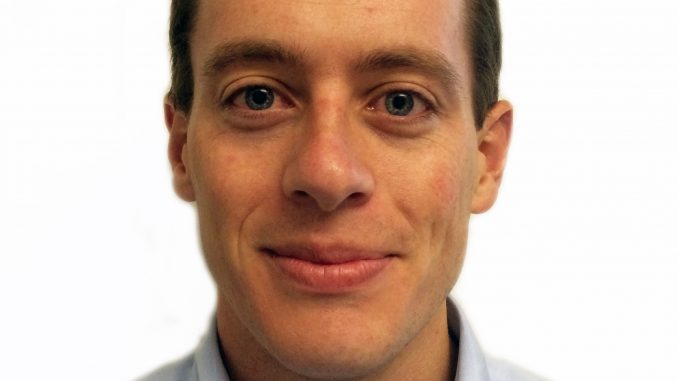
 Of Philadelphia’s more than 1.5 million residents, about 1.0 million are registered to vote. Of those, roughly 800,000 are registered Democrats, 120,000 are Republicans and about 80,000 unaffiliated. Philadelphia also operates closed primaries, whereby you may only vote in the primary of the party for which you are registered.
Of Philadelphia’s more than 1.5 million residents, about 1.0 million are registered to vote. Of those, roughly 800,000 are registered Democrats, 120,000 are Republicans and about 80,000 unaffiliated. Philadelphia also operates closed primaries, whereby you may only vote in the primary of the party for which you are registered.
Thus, due to the nearly five-to-one advantage Democrats hold over all challengers, in any given election cycle the Democratic primary serves as the de facto general election.
Next May brings one such election. Then, Philadelphia voters will have the opportunity to nominate the democrat who will in all certainty become the city’s next mayor. And, if recent history is any indication, most voters will stay home.
The last time Philadelphia elected a new mayor was in 2007. In that year’s primary, then-Councilman Michael Nutter won but claimed just 37 percent of all Democratic votes cast. And despite that election’s importance – and hiring the city’s chief executive really is important – only 39 percent of those registered exercised their franchise. Doing the math, a mere 14 percent of registered Democrats, in an overwhelmingly blue-town, voted for a Michael Nutter mayorship.
Terry Gillen, a former top aide to Nutter who earlier this month became the first candidate to formally enter the race, said she worries what low turnout means for the future vibrancy of the city.
“My generation [of the 1970s and 1980s] was a very political generation,” Gillen said. “And we got a lot done. I understand why people, especially young people, do not trust government. But I hope the current generation can get the passion for politics back.”
In a strict sense, why people vote is itself peculiar. The chance your vote will influence the outcome of an election, especially an election with 100,000-plus votes cast, as this one most likely will be, is effectively zero. And there are at least some costs – registering to vote, traveling to the polling station, researching which candidate would best represent your interests, and so on. Moreover, there are few costs to not voting. Because it is done in secret, you are under no obligation to reveal which candidate, if any, you supported.
But people do vote, suggesting the benefits of voting are more than just the chance to influence an election. Many people vote because they want to signal affiliation or solidarity with a candidate, like you do with a brand.
People also vote to express approval or disapproval, like a cheer or boo at a sporting event.
And people vote to effectuate ownership in government, much in the same way owning a stock constitutes ownership in a company. It is surely more difficult to criticize the results of representation when you did not participate in electing the representative.
Despite these benefits, voter turnout in Philadelphia continues to decline. During last May’s primary election – an election which included selecting Democratic Party’s gubernatorial nominee – just 20 percent turned out, even with the least popular incumbent governor in the union.
The most obvious explanation for why voter turnout continues to fall is that Philadelphia’s political elite have chosen suppression as a strategy. And for good reason: in a city still governed by an anachronistic ward structure and special interests, it is much easier to avoid persuading people to vote than persuading people to vote like you.
I hope this election season is different. Philadelphia, although it’s still behind the curve in many ways, is beginning a renaissance. Population is on the rise; young families are remaining; bike lanes are multiplying; housing is affordable; companies are starting and growing.
I hope the candidates unburdened by the anointment of the so-called powers that be reject institutional support and attempt to cast their net wider. Proof positive of this strategy – go with me – came in 2008, when then-Senator Barack Obama lacked much institutional support yet cast his net wide, especially among the young.
“This election is a huge opportunity to involve young people in the race for mayor. It’s the first [mayor’s] race post-Obama,” Gillen said.
The Philadelphia mayor’s race is not the race for president – it’s not that sexy. But then again, the president can’t fix your potholes.
Like in 2008, serious political engagement can begin on college campuses. Temple enrolls almost 40,000 students. Many already live and work in the city and hope to do so for years to come. In 2007, it took just 106,805 votes to become mayor. There are voting blocs yet untouched. And ignoring them may for now be a winning strategy, but I hope not for long.
Kevin Trainer can be reached at kevin.trainer@temple.edu and on twitter @kevinptrainer



Be the first to comment